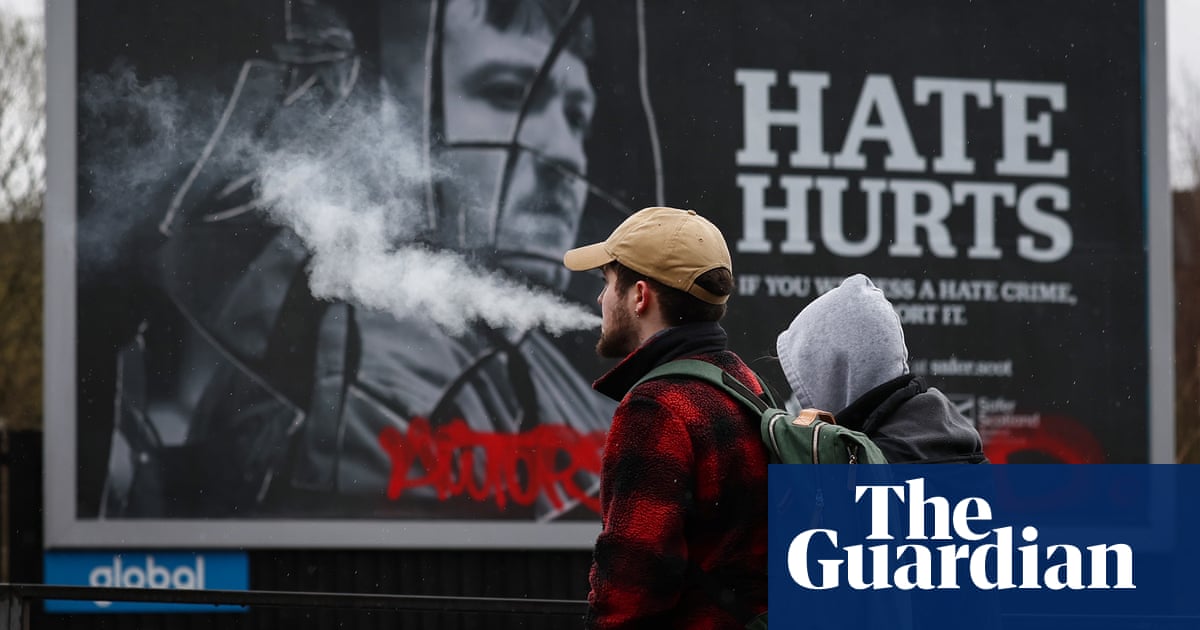
The policing of protests at the Cop26 climate conference in Glasgow will be “welcoming, friendly and proportionate”, according to senior figures in Police Scotland, as they revealed plans for about 10,000 officers to be deployed each day during the event this November.
Describing the “biggest and longest mobilisation of police that the UK has ever seen”, the assistant chief constable Bernard Higgins, who is gold commander for the Cop26 operation, said that thousands of officers would be travelling north to support Scottish colleagues at the conference, which at least 20,000 delegates and more than 100 heads of state are expected to attend.
The deputy chief constable Will Kerr told reporters at one of a series of briefings: “We have an obligation and a duty to run a safe and secure event but we also want it to be as welcoming as possible. Glasgow is a city that is rightly proud of its protest history.”
Emphasising the force’s duty under the European Convention on Human Rights to protect the rights of people who want to peacefully protest or counter-protest, balanced against the rights of the wider community, Kerr said the force was already engaging with known protest groups. He added: “Our intention is to police it sensibly and proportionately so that people have an opportunity to come and have their voice heard.”
Planning for the huge security operation has been under way for over a year, explained Kerr, with police counterterrorist security advisers already assessing venues and other associated locations – although there is no specific threat relating to the event at this time.
Higgins said that four different groups of potential protesters had been identified: children who were concerned about the environment, coming with family, friends or school; those coming to protest about a particular individual or country, such as China or Israel; those planning non-violent direct action, such as Extinction Rebellion; and anarchists who, regardless of the nature of the conference, were there to engage in acts of severe violence and significant disorder.
Higgins said the need to facilitate peaceful protest while heading off violence at the same time made the police challenge “very complex”, in particular because protest was not expected to be limited to the conference “bubble” in the city centre, with a state reception elsewhere in Glasgow hosted by a member of the royal family and visiting politicians and celebrities staying in hotels across Scotland. He added that the tolerance level for direct action tactics was “moderate”.
Higgins added that policing protesters was not only a public order issue: Police Scotland were also anticipating the effect of a rainy and cold Glasgow winter on any protest camp that might be set up.
Officers will be drafted to support Operation Urram – the Gaelic word for “respect” – from all divisions across Scotland, supported by a substantial number of colleagues from other UK police services as part of mutual aid arrangements, and the logistical support for housing, feeding and transporting them will be a massive operation in itself. The vast majority will not be armed, with Police Scotland providing about 45% of the requirement.












